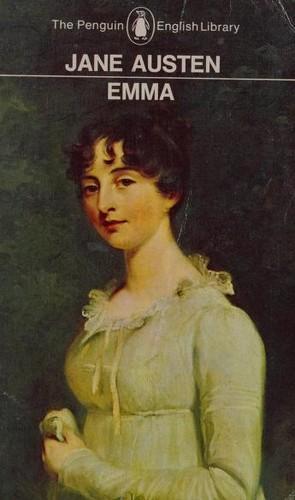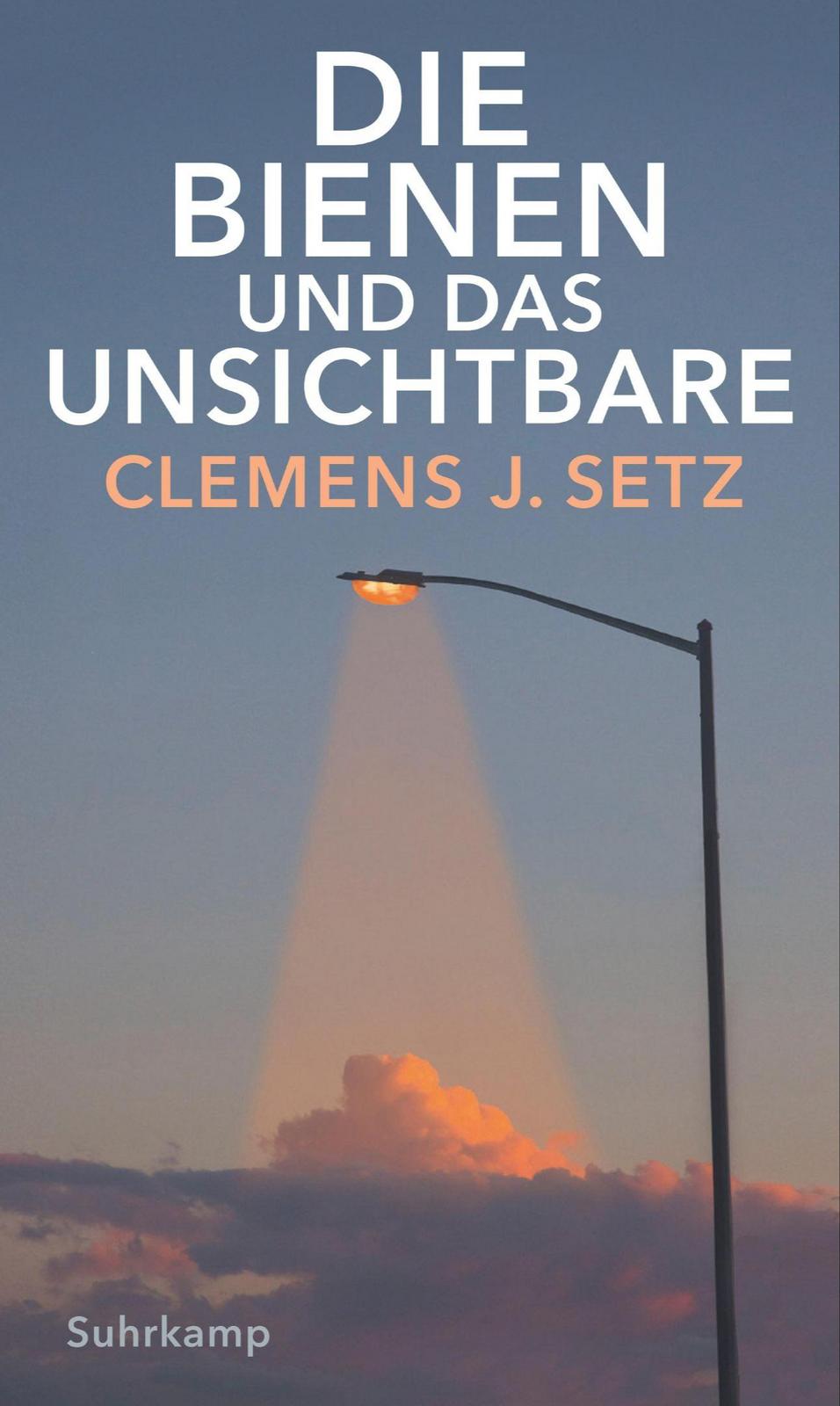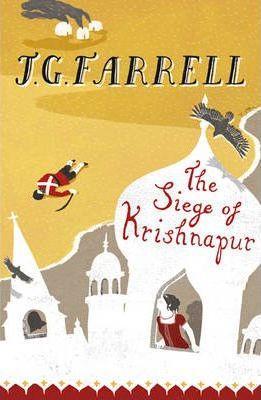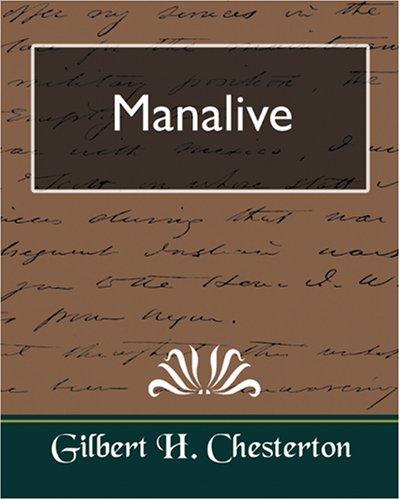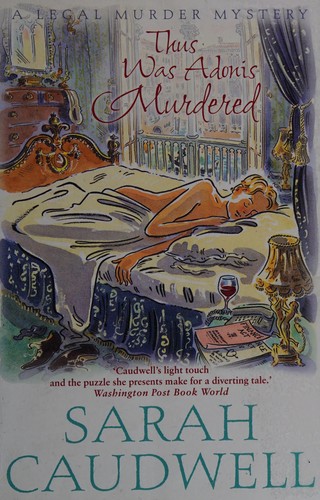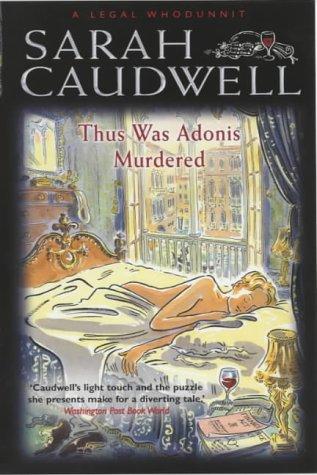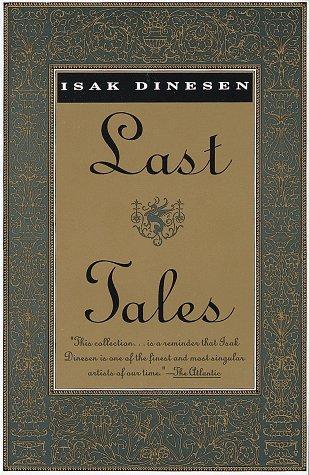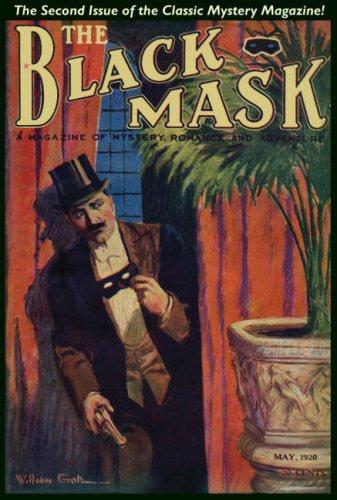At the age of seventeen, on Wednesday, November 21, 1984 I stumbled on a tv play on German daytime televison. Black and white, originally produced in 1965. I liked it very much.
25 years later I found out that play had been was a version of Chesterton's "Magic"; by then I had read quite a few of his novels and stories. Now that I finally read the play: Four stars. Less funny and more serious than much of Chesterton's other work, more concise, and effectively spooky. But that may have been because I kept thinking of that excellent old tv production. Hasn't been on since then, apparently.
Reviews and Comments
This link opens in a pop-up window
Herr Rau rated Slightly Foxed : Ring Out, Wild Bells!: 3 stars
Herr Rau rated Slightly Foxed : A Separate World: 2 stars
Herr Rau rated Siege of Krishnapur: 3 stars
Review of 'Magic - a Fantastic Comedy in a Prelude and Three Acts' on 'Goodreads'
4 stars
Herr Rau rated Masters of Atlantis: 3 stars
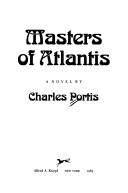
Masters of Atlantis by Charles Portis
Masters of Atlantis is a cock-eyed journey into an America of misfits and con-men, oddballs, and innocents. Lamar Jimmerson is …
A wind sprang high in the west, like a wave of unreasonable happiness, and tore …
Review of 'Manalive (Collected Works of G.K. Chesterton)' on 'Goodreads'
3 stars
The enigmatic villain of The Man Who Was Thursday, the curious puzzle solutions of The Club of Queer Trades, but less dynamic than either, less frantic and hilarious action. Still, good.
The easily-guessed plot twist and some of the characterization reminded me of Ray Bradbury's story "The Best of All Possible Worlds", and Curt Goetz's play "Hokuspokus" - both younger works, though in Goetz's case only by a good dozen years.
Herr Rau reviewed Manalive by G. K. Chesterton
Review of 'Manalive' on 'Goodreads'
3 stars
The enigmatic villain of The Man Who Was Thursday, the curious puzzle solutions of The Club of Queer Trades, but less dynamic than either, less frantic and hilarious action. Still, good.
The easily-guessed plot twist and some of the characterization reminded me of Ray Bradbury's story "The Best of All Possible Worlds", and Curt Goetz's play "Hokuspokus" - both younger works, though in Goetz's case only by a good dozen years.
Herr Rau reviewed Thus was Adonis murdered by Sarah L. Caudwell (Hilary Tamar -- 1)
Review of 'Thus was Adonis murdered' on 'Goodreads'
4 stars
Very entertaining. If the characters weren't so charmingly Wodehouselike, you might call them frightful yuppies in the making. Still, they are very very funny.
The story is told in an intriguing and effective way; most of the characters are far away from the scene of the crime, they (and we) learn about developments via the postal service and the electric telephone, and the temporal offset of these various forms of communication is used very satisfyingly. One of the main characters we never meet in person.
Not long after the middle of the novel we are told by the garrulous yet curiously distant narrator that now all the necessary information to solve the crime has been presented, although the narrator at that point hadn't made the connections. Both of which is neat. Unfortunately, the solution itself at the end is rather far-fetched, and something of a letdown. But then, you don't …
Very entertaining. If the characters weren't so charmingly Wodehouselike, you might call them frightful yuppies in the making. Still, they are very very funny.
The story is told in an intriguing and effective way; most of the characters are far away from the scene of the crime, they (and we) learn about developments via the postal service and the electric telephone, and the temporal offset of these various forms of communication is used very satisfyingly. One of the main characters we never meet in person.
Not long after the middle of the novel we are told by the garrulous yet curiously distant narrator that now all the necessary information to solve the crime has been presented, although the narrator at that point hadn't made the connections. Both of which is neat. Unfortunately, the solution itself at the end is rather far-fetched, and something of a letdown. But then, you don't read this mystery for the plot.
Review of 'Thus Was Adonis Murdered (A Legal Whodunnit)' on 'Goodreads'
4 stars
Very entertaining. If the characters weren't so charmingly Wodehouselike, you might call them frightful yuppies in the making. Still, they are very very funny.
The story is told in an intriguing and effective way; most of the characters are far away from the scene of the crime, they (and we) learn about developments via the postal service and the electric telephone, and the temporal offset of these various forms of communication is used very satisfyingly. One of the main characters we never meet in person.
Not long after the middle of the novel we are told by the garrulous yet curiously distant narrator that now all the necessary information to solve the crime has been presented, although the narrator at that point hadn't made the connections. Both of which is neat. Unfortunately, the solution itself at the end is rather far-fetched, and something of a letdown. But then, you don't …
Very entertaining. If the characters weren't so charmingly Wodehouselike, you might call them frightful yuppies in the making. Still, they are very very funny.
The story is told in an intriguing and effective way; most of the characters are far away from the scene of the crime, they (and we) learn about developments via the postal service and the electric telephone, and the temporal offset of these various forms of communication is used very satisfyingly. One of the main characters we never meet in person.
Not long after the middle of the novel we are told by the garrulous yet curiously distant narrator that now all the necessary information to solve the crime has been presented, although the narrator at that point hadn't made the connections. Both of which is neat. Unfortunately, the solution itself at the end is rather far-fetched, and something of a letdown. But then, you don't read this mystery for the plot.
Herr Rau rated The Scarlet Plague (Modern Voices): 3 stars
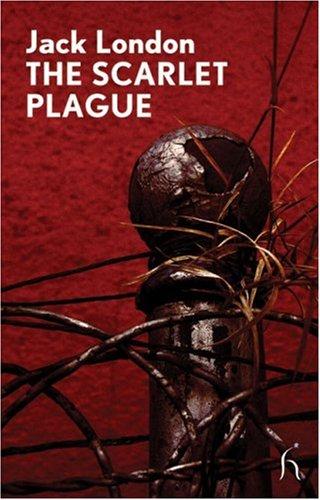
The Scarlet Plague (Modern Voices) by Jack London
Jack London's dystopian vision of the future. Sixty years after Great Red Death, a scarlet plague, wipes out mankind, a …
Herr Rau rated Modern Classics: 4 stars
Herr Rau rated Last tales: 3 stars
